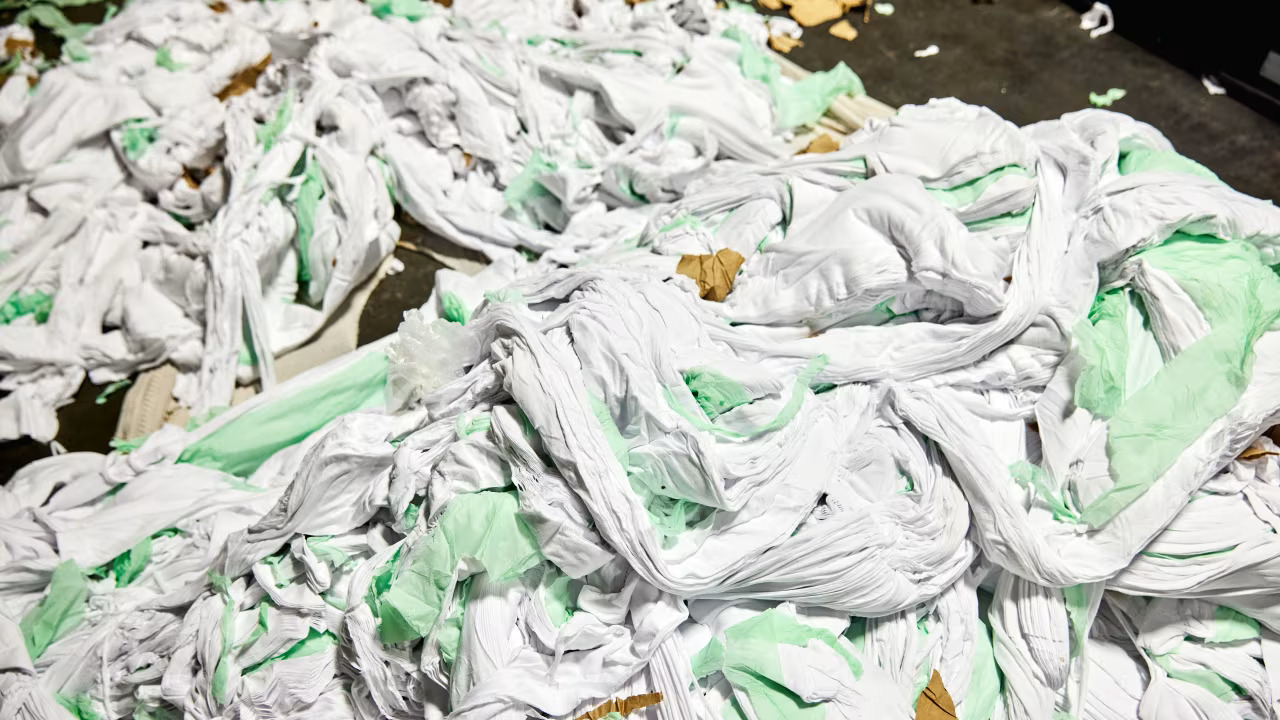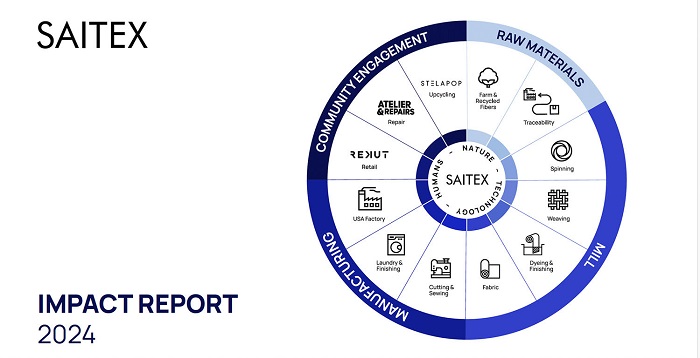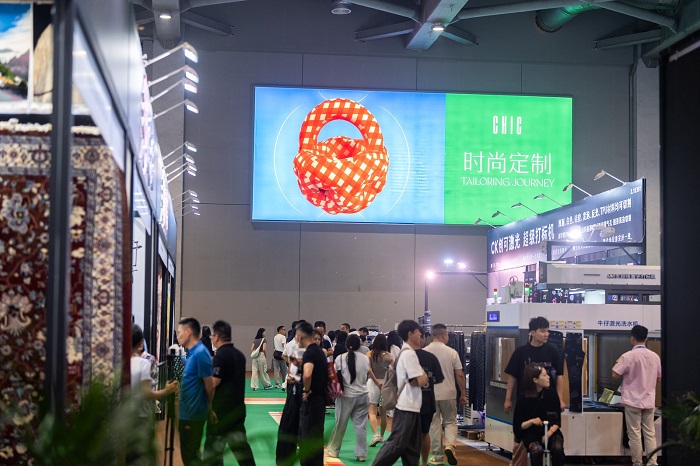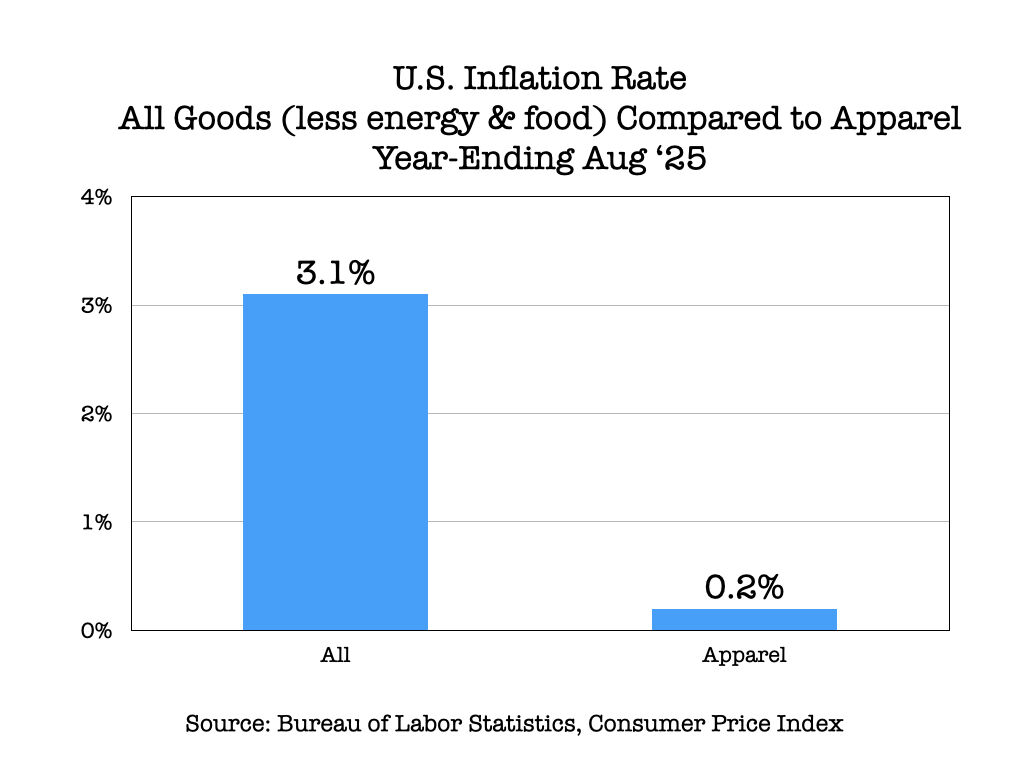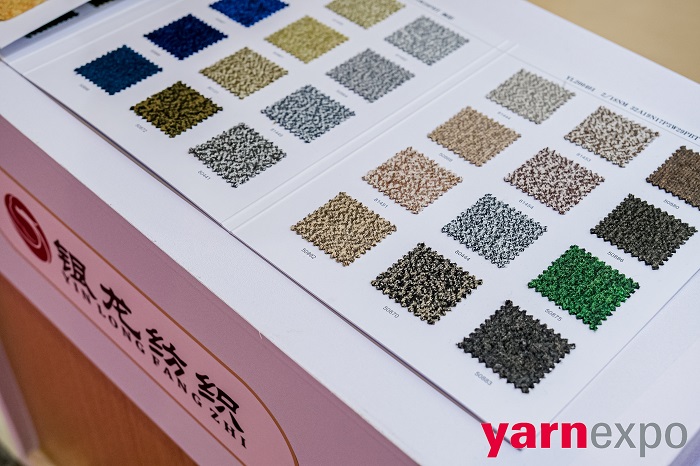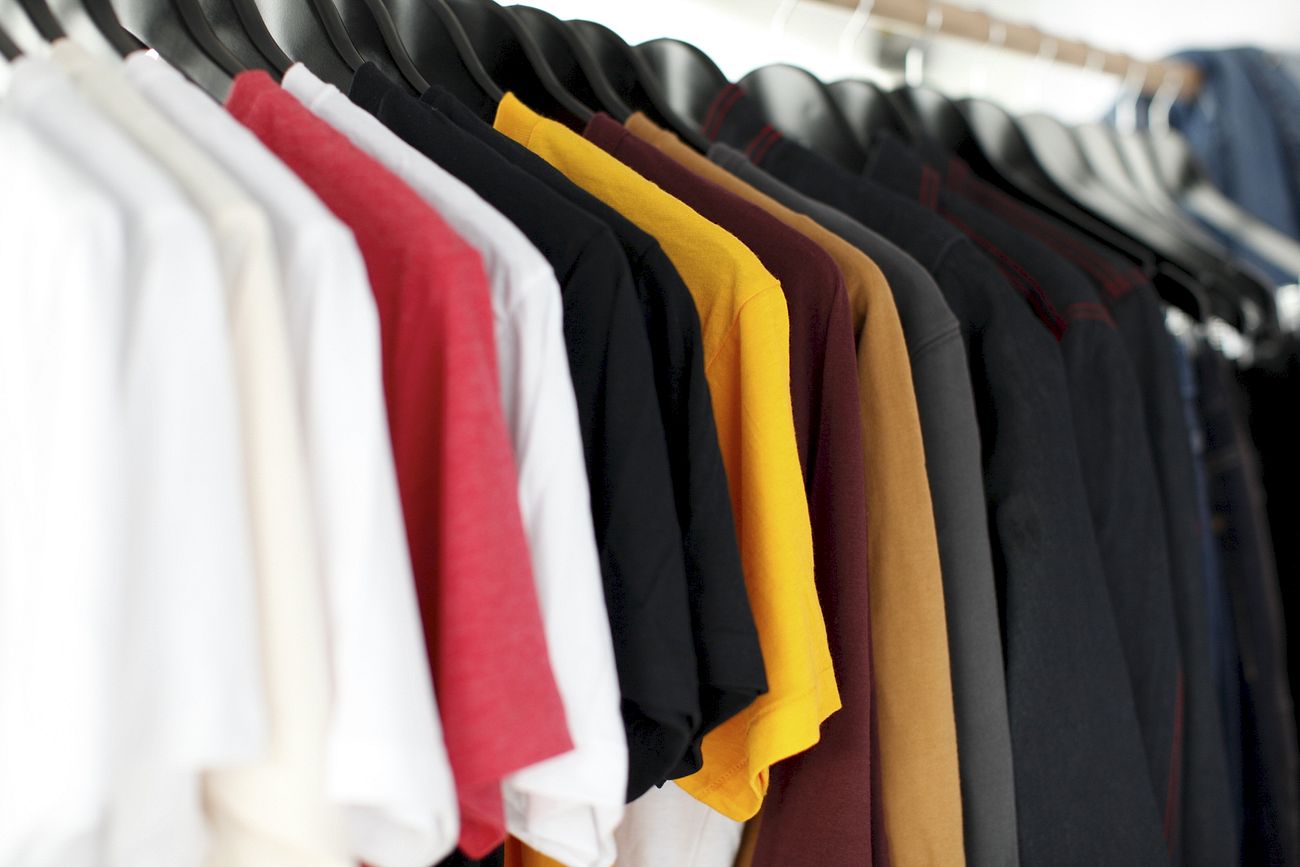Global textile certification body Oeko-Tex spotlighted sustainability and transparency at Intertextile Shanghai Apparel Fabrics – Autumn Edition (Sept 2–5), participating as a lead exhibitor and voice in Messe Frankfurt’s Econogy platform. The company is marking a decade of its Made in Green label while tackling the challenges posed by fast fashion.
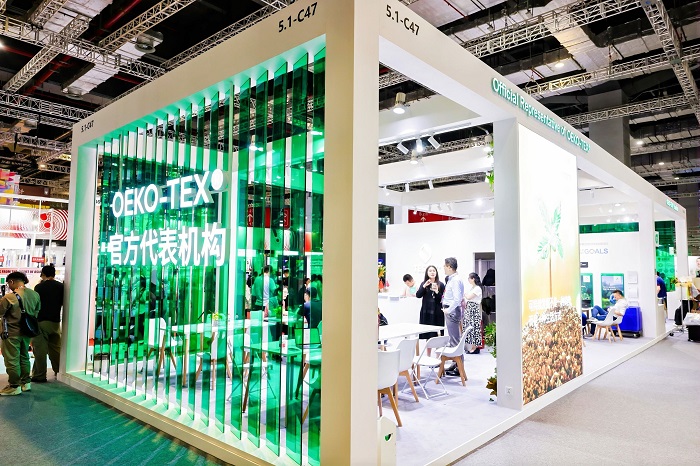
Speaking on the sidelines, Dr. Alfred J. Beerli, CEO of Oeko-Tex, outlined how the organization is tightening its focus on traceability, chemical safety, and circularity, even as fast fashion growth challenges the industry’s sustainability goals.
“Oeko-Tex is one of the oldest certification schemes worldwide — more than 34 years in the market,” Dr. Beerli said. “We started with the Standard 100, which made us very popular, and today 17 institutes worldwide collaborate with us to test garments, leather products, and textiles for leading brands.”
Three decades of certification
Over its 30-year history, Oeko-Tex has issued more than 235,000 certificates globally. The system is built on three core standards:
● Standard 100: This original product-level certification tests textiles for harmful substances, making Oeko-Tex a globally recognized name.
● STeP (Sustainable Textile and Leather Production): A facility- and process-level standard that audits occupational health and safety, fair wages, and environmental management.
● Made in Green: Celebrating its 10th anniversary in 2025, this consumer-facing label combines the other two standards. It provides traceability through a QR code that allows shoppers to track a product back to its manufacturing facility and raw materials. Over 600 facilities worldwide are currently Made in Green certified.
Dr. Beerli described the label as "one of the most premium tools in the market for sustainable textiles and apparel."
Sustainability as a journey, not a badge

The Oeko-Tex CEO stressed that certification is not just a marketing tick-box but a pathway to better business. “It’s a way of operational excellence. You learn your processes better, optimize inputs and outputs, save energy and water, and treat your people fairly. While certification should not be seen as a quick fix to attract more business, it undeniably makes manufacturers more attractive to global brands.”
He added that certification “somehow” prepares manufacturers for emerging compliance regimes worldwide, but the real value lies in efficiency, responsibility, and trust.
Navigating complex compliance
The regulatory landscape is shifting fast. Europe has led on chemical and sustainability laws, though some targets for 2027 are already being recalibrated. Meanwhile, consumer concern is rising sharply in the U.S., especially over PFAS and toxic chemical residues.
“Trusted solutions are becoming indispensable,” Dr. Beerli said. “Oeko-Tex® offers a framework that aligns with these growing demands, not just in Europe but globally.”
Navigating complex regulations and the "Polyester Problem"
Circularity, central to Messe Frankfurt’s Econogy theme, was a focal point in Dr. Beerli’s remarks. But he cautioned that industry ambitions face a raw material reality. “Most garments today are polyester-infected. If we want a truly sustainable future, we need pure fabrics. Multi-fiber blends make circularity almost impossible at scale.”
While acknowledging innovations in fiber separation and recycling, he stressed that scalability remains the bottleneck. “The whole industry has to change — starting with the fiber,” he said.
Asia at the core, India rising
Asia is Oeko-Tex’s biggest market, led by China, followed by India, where adoption is accelerating. Though Oeko-Tex does not operate labs in China or India, all testing is conducted at its 17 partner institutes in Europe and Japan to maintain consistent quality.
“China has the full supply chain at scale,” Dr. Beerli said. “India also has the full supply chain, but not yet to the same maturity. Still, we see rising ESG preparedness, good penetration, and very strong potential.”
The Road Ahead: India Summit
Looking ahead, Oeko-Tex will host its India Summit in December 2025, bringing together leading fiber, yarn, and fabric producers. Organized in collaboration with its Indian representation, the summit aims to align the country’s suppliers with the evolving global ESG and sustainability compliance agenda.
“It will be an Indian event, with all the famous names of the supply chain present,” Dr. Beerli confirmed. “I am a big supporter of collaboration, because no single organization can cover the whole world. We have to work together and find new solutions for the future of our planet.”
As sustainability regulation tightens worldwide and fast fashion consumption accelerates, Oeko-Tex positions itself as both watchdog and enabler. “We cannot save the world alone,” Dr. Beerli reflected. “But we can help manufacturers become better — and provide consumers with the transparency they increasingly demand.”


